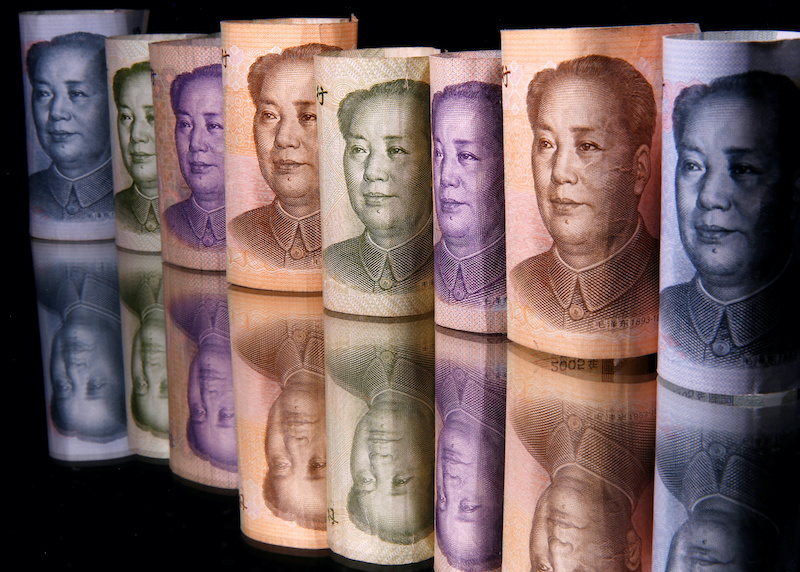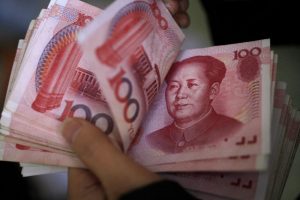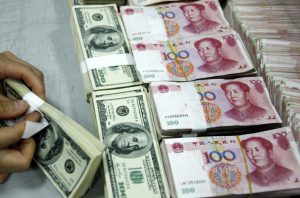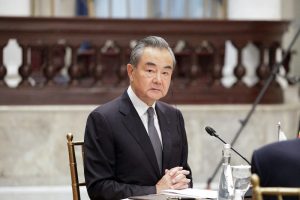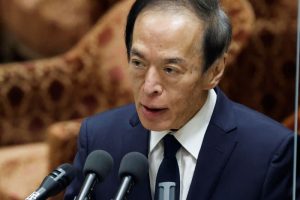China’s currency dipped against the US dollar, reversing consistent strengthening over the past few months, after a regulator on Friday hinted at government intervention to reduce fluctuations of the renminbi.
Wang Chunying, a spokesperson for the State Administration of Foreign Exchange (SAFE), said that if the foreign exchange market experienced high volatility, regulators would “roll out counter-cyclical adjustments at an appropriate time”.
According to Reuters, Wang said SAFE was watching closely for bigger fluctuations due to policy tightening by major world economies.
The central People’s Bank of China (PBoC) set the midpoint rate for the renminbi at 6.4032 per dollar, 142 pips or 0.22% weaker than the previous fix of 6.3890. The renminbi is allowed to rise or fall by 2% from the central parity rate each trading day.
Gathering Strength
International currency analysts have been scratching their heads at Beijing’s silence as the renminbi approached its strongest position in six years on Thursday.
Jeffrey Halley, senior market strategist for the Oanda forex brokerage, said the PBoC had “fairly priced” the renminbi, adding that beleaguered property developer China Evergrande’s apparent bond coupon repayment appeared to be giving Asian currencies a “very modest boost” on Friday as “financial contagion fears ease”.
The US dollar softened after the release of consumer price index data on Wednesday, while the renminbi rebounded on China’s solid trade data.
“We think the main reason for the recent strengthening of the renminbi lies in China’s better-than-expected export data,” Zhang Jundong, analyst at China International Capital Corporation (CICC), and his team wrote in a note.
“However, the US domestic demand for goods may gradually weaken after the end of fiscal subsidies,” CICC added. “As such, we think it is difficult for China to maintain a high level of trade surplus, and thus the renminbi is unlikely to strengthen substantially.”
• George Russell




